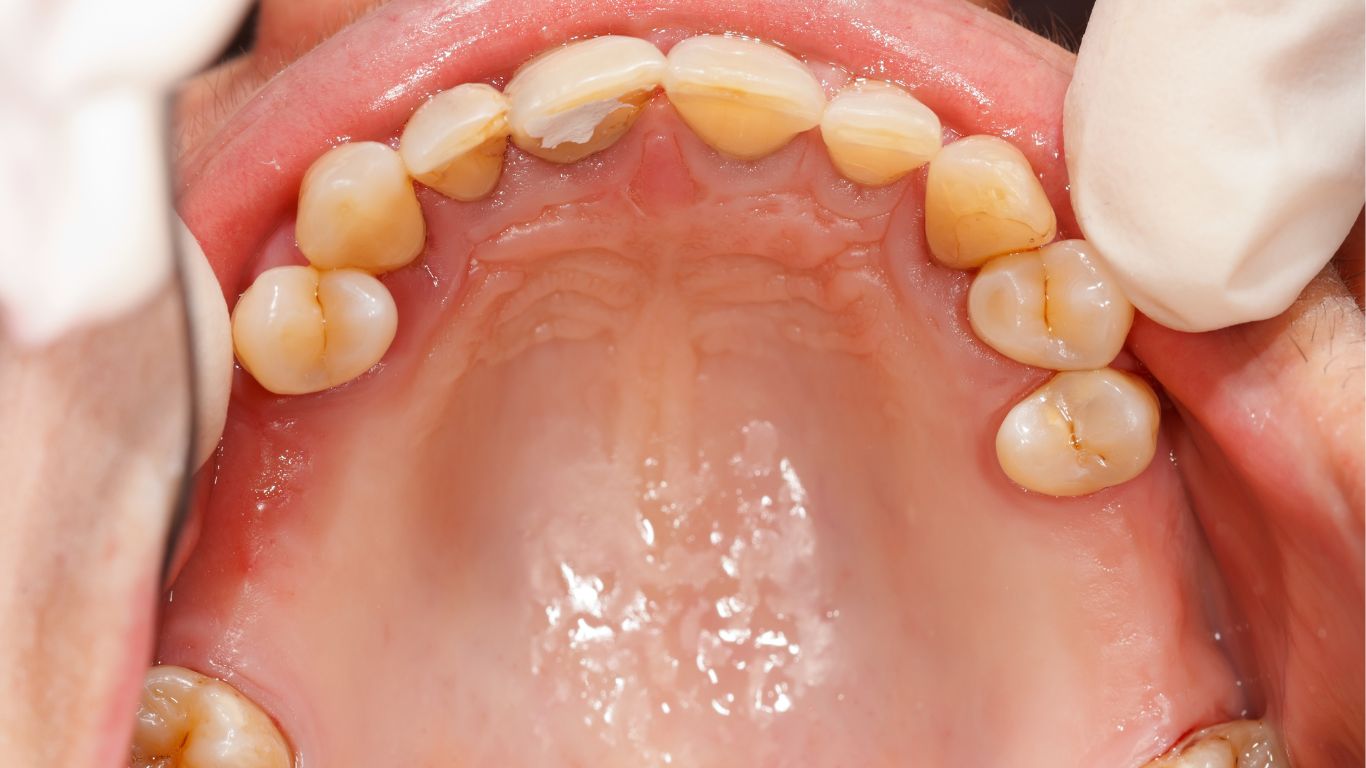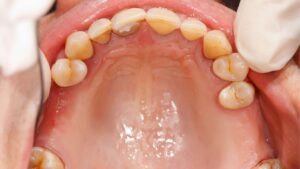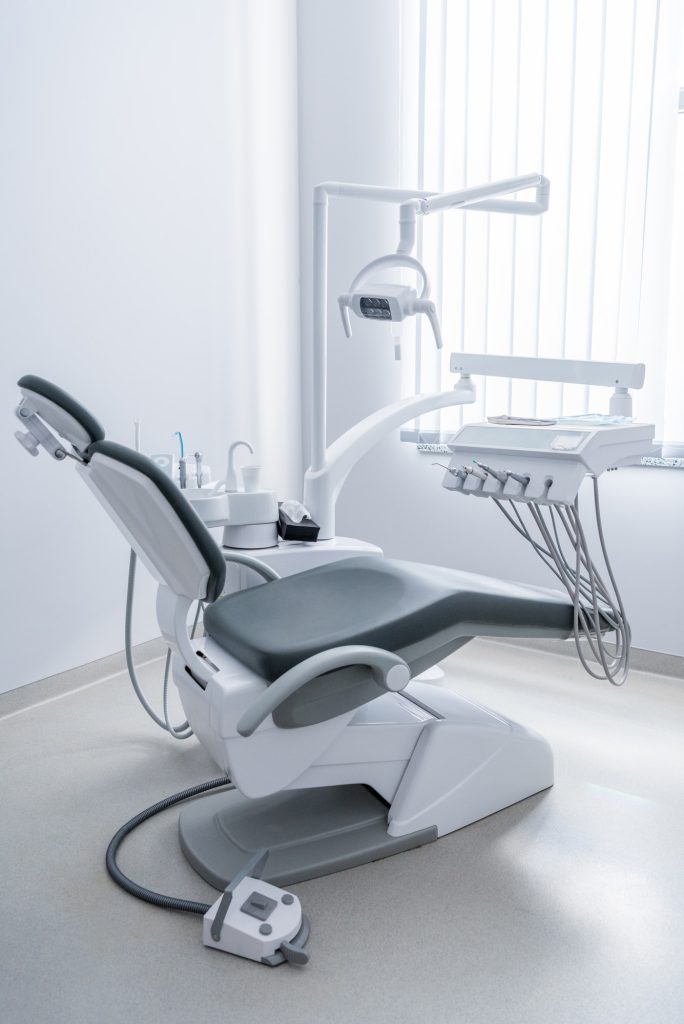Losing a tooth can have significant impacts on both your oral function and appearance. Whether due to injury, decay, or other factors, replacing a missing tooth is essential for maintaining your smile and preserving oral health. At Radiant Smiles Dental Bundoora, we understand the importance of tooth replacement and are committed to helping you restore your smile with the best options available.
The two most common options for tooth replacement are dental bridges and dental implants. Although both provide an effective solution for restoring teeth, they differ in terms of procedure, longevity, and overall benefits. This guide will explore the key differences between dental bridges and dental implants, helping you make an informed decision about which option is best for your needs.
Understanding Dental Bridges
A dental bridge is a fixed restoration used to replace one or more missing teeth. It consists of artificial teeth, known as pontics, supported by crowns placed on adjacent natural teeth or dental implants. This structure effectively “bridges” the gap, restoring both the function and appearance of your smile.
When to Consider a Dental Bridge
A dental bridge may be the appropriate solution if:
- You have healthy adjacent teeth: Bridges rely on the strength of nearby teeth to hold the restoration in place. These teeth must be reshaped to accommodate the supporting crowns.
- You are missing multiple teeth in a row: Bridges are a cost-effective solution for replacing several missing teeth in a row, as they can cover wider gaps than a single crown.
- You are seeking a faster, more affordable option: Dental bridges can be completed in just a few visits, making them a quicker solution compared to implants, which involve a more complex procedure and longer healing time.
- You prefer a non-invasive procedure: Since dental bridges do not require surgery, they are less invasive compared to dental implants.
Understanding Dental Implants
A dental implant is a surgical procedure that replaces missing tooth roots with metal, screw-like posts, restoring both the function and appearance of teeth. After a period of healing, during which the implant integrates with the bone, a custom crown is placed on top to complete the restoration.
When to Consider a Dental Implant
A dental implant may be the ideal choice if:
- You seek a long-term solution: Implants are designed to last a lifetime with proper care, making them a superior long-term investment compared to dental bridges.
- You want to preserve jawbone health: Implants help prevent bone loss in the jaw by mimicking the function of natural tooth roots, stimulating bone growth and preventing deterioration.
- You want to avoid altering neighbouring teeth: Unlike dental bridges, which require reshaping of surrounding teeth, implants do not affect adjacent teeth, preserving their integrity.
- You prefer a natural look and feel: Since implants are securely anchored into the jawbone, they function just like natural teeth, providing a seamless and long-lasting solution.
Key Differences Between Dental Bridges and Implants
| Factor | Dental Bridge | Dental Implant |
| Procedure Time | Shorter (typically 2-3 visits) | Longer (requires surgery and healing time) |
| Durability | Lasts 5-15 years, may need replacement | Can last a lifetime with proper care |
| Cost | Generally more affordable upfront | Higher initial cost, but a longer lifespan |
| Impact on Adjacent Teeth | Requires alteration of neighbouring teeth | Does not affect adjacent teeth |
| Bone Health | Does not stimulate bone growth | Stimulates bone growth, preserving jawbone |
| Maintenance | Regular cleaning and occasional replacement | Low maintenance once placed |
Which Option Is Right for You?
The decision between a dental bridge and a dental implant depends on several factors, including your oral health, the number of missing teeth, and your long-term goals:
- A dental bridge may be the better option if you have healthy surrounding teeth, need a faster and more affordable solution, and are looking to replace multiple teeth.
- A dental implant is typically recommended for those seeking a permanent solution, desiring to preserve jawbone health, and preferring a procedure that does not affect surrounding teeth.
Both options offer distinct advantages, and your dentist can guide you in selecting the most appropriate treatment based on your specific needs.
Final Thoughts
Replacing a missing tooth is an important decision that can significantly improve both the functionality of your mouth and the aesthetics of your smile. Whether you choose a dental bridge or a dental implant, both treatments offer effective solutions, each with its own set of benefits.
At Radiant Smiles Dental Bundoora, our experienced team is dedicated to providing personalised care and helping you explore the best tooth replacement options for your unique situation. Contact us today to schedule a consultation and begin your journey to a healthier, more confident smile.









